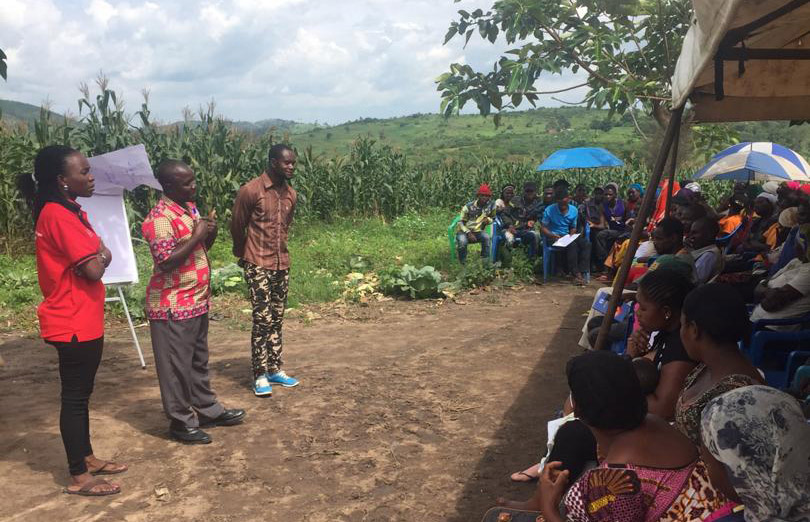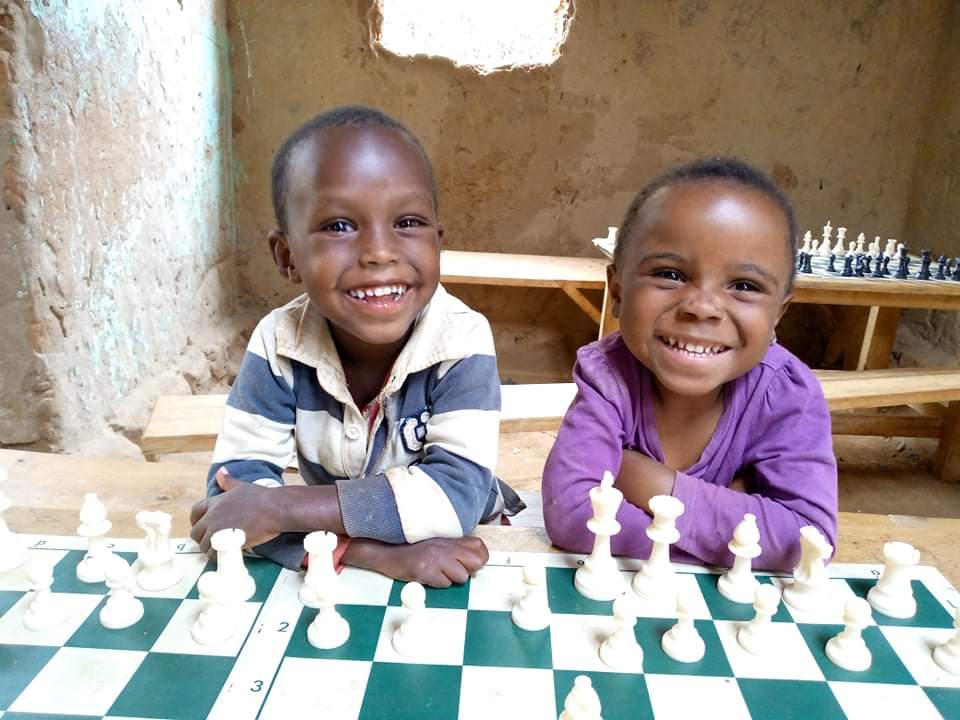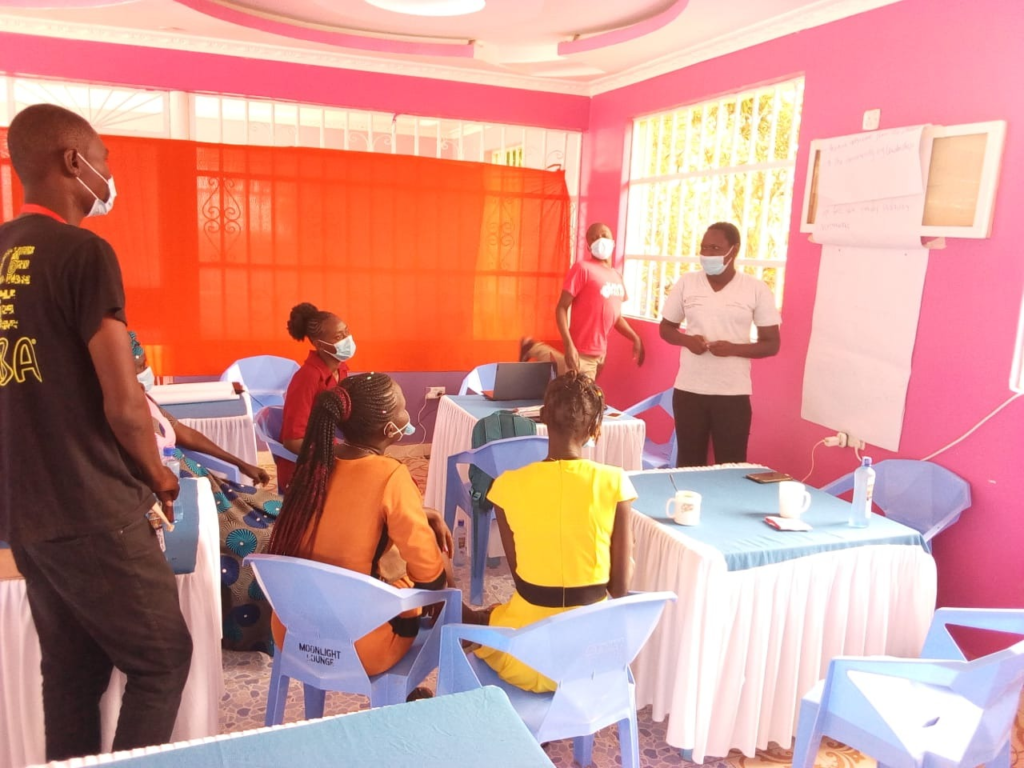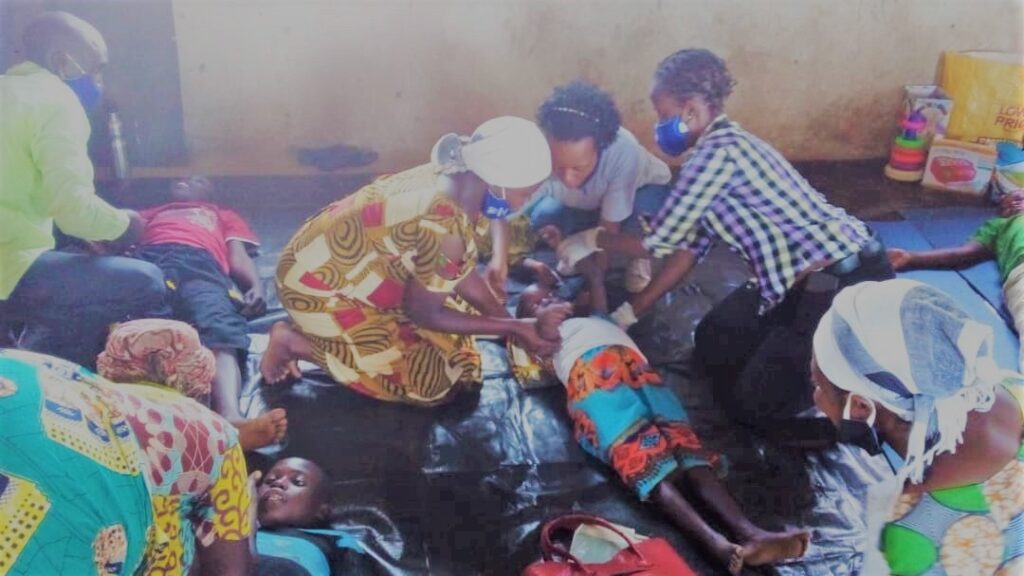Every year Uganda recognises 9th June as Heroes’ Day in remembrance of the people who contributed to the liberation struggle that ushered in the current government in 1986. Unlike the previous years, where commemorations were celebrated with glamour and awards, this year the celebrations were low key with just a few dignitaries due to the pandemic.
While many Ugandans posted pictures and shared insights on their heroes, I reflected on the unsung heroes – the people not recognised in our national celebrations.
While many Ugandans posted pictures and shared insights on their heroes, I reflected on the unsung heroes – the people not recognised in our national celebrations. The pandemic has elevated the fact that we are much more similar than we are different. This has been highlighted in how people have come together to support each other in one way or another. However there are some people whose efforts have gone unnoticed.
“Hello Madam, apologies to send you this, but I had to reach out because of the situation. My family and I are challenged with access to food. As a refugee community leader, I have to support others, however sometimes it is too much because my situation is not any better. If you can support me as well, I will be grateful”.
This is a message I received from William – an urban refugee community leader. I believe he sent it after overcoming his fear of abusing the work relationship that we share. There are many leaders in the community who have prioritised the needs of their community above their own families during these tough times. Notably, the official facilitation for elected village leaders is 10,000UGX ($2.69) per month, a fee that demotivates many citizens to join community leadership, given the associated responsibilities. Some of the responsibilities include; handling issues related with security, families and property for more than 3000 people. They also serve as points of contact in communities and are the first respondents in case of an emergency. Consequently, many have shied away from this role, leaving it for those who are committed to sacrifice their resources for the sake of others.
During the pandemic, many communities are struggling to acquire the most basic of provisions. As a result, community leaders have had to shoulder the burden of sourcing from various stakeholders.
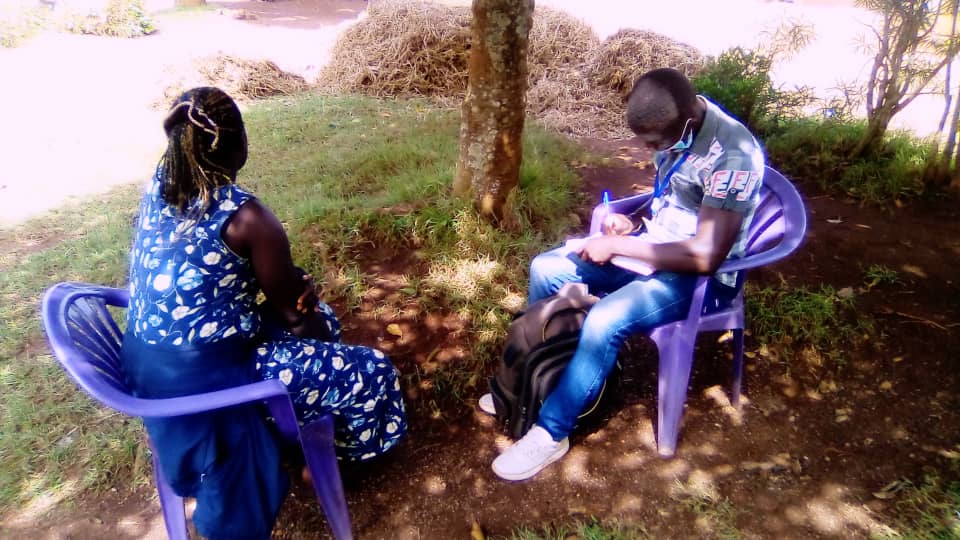
Mattias, a team leader of community-based organisation, Tomorrow Vijana, meeting with local refugee in Rwamwanja Refugee Settlement to provide support.
During the pandemic, many communities are struggling to acquire the most basic of provisions. As a result, community leaders have had to shoulder the burden of sourcing from various stakeholders. Despite the government’s efforts to support the vulnerable poor during this period, the needs outweigh the supply, especially among those who live from hand to mouth. While emphasis is on hand washing as one of the prevention methods of spreading the virus, access to water and soap is not freely given. In the urban centres, those without private connections have to buy water at retailed prices, whereas in rural and refugee settlements one has to walk long distances to access water sources. Due to the scarcity of water and the high price of soap, cooking and drinking take precedence over hygiene practices.
As highlighted on several media platforms some community members have decided to camp at their leaders’ homes and offices demanding support. This has also been observed in refugee settlements where leaders of community based organisations have utilised their meagre resources towards COVID-19 prevention. As a case in point, one refugee-led community based organisation in south-western Uganda donated the rise-harvest of its members to people under quarantine in the settlement, who lacked food. These leaders have played and continue to play a pivotal role in raising awareness about COVID-19 through their communities, by broadcasting and translating messages using megaphones. It is important to note that they do this on a volunteer basis with no salary.
These are my unsung heroes. Not only are they persevering through these challenging times, but they continue to look out for the interests of their communities.
These are my unsung heroes. Not only are they persevering through these challenging times, but they continue to look out for the interests of their communities. This pandemic has brought to the fore the urgent need to foster a spirit of sharing and advocating for the less fortunate and vulnerable. Community leaders like William need to be supported, because even though their multifaceted roles can be demanding, the rewards of their commitment and service to the community are worthwhile. With support from generous donors, Xavier Project has been able to provide both capacity strengthening and financial support to refugee leadership under community based organizations to sustain their initiatives. COVID-19 is demonstrating just how critical community leadership is towards enhancing ownership, innovation and development.
